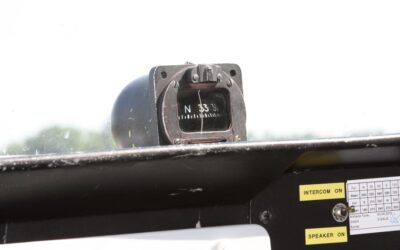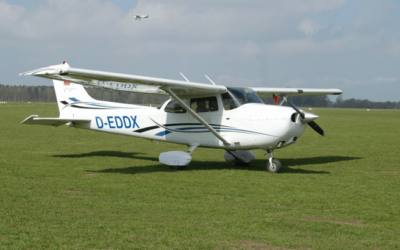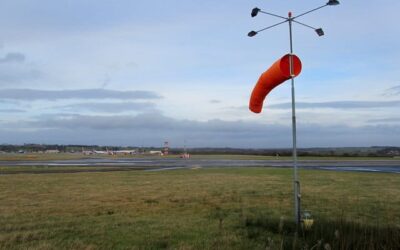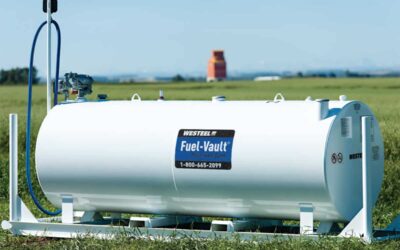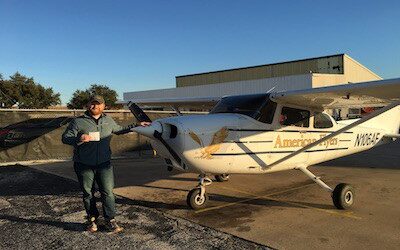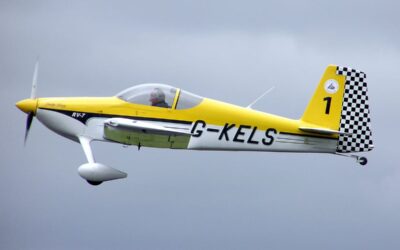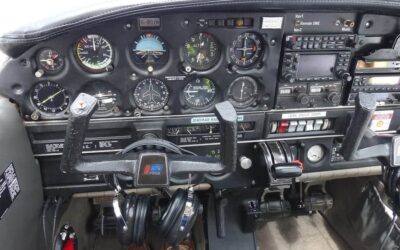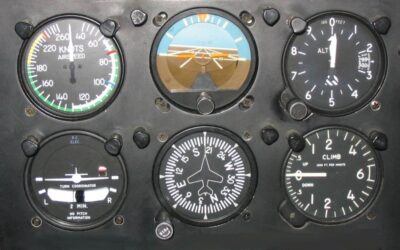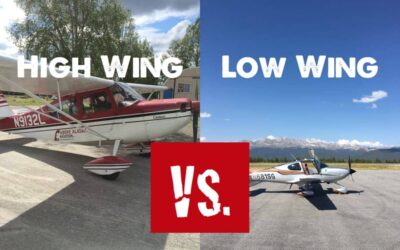The Difference Between True and Magnetic Heading
You’re flying along and ATC instructs you “turn to heading 220” and so you turn your plane until the numbers on your screen or instrument change, but what exactly are you heading towards? Why do we use two methods of showing our choice of direction and where did it...
10 Cessna 172 Landing Tips You Can Implement Today
The Cessna 172 in one guise or another appears in nearly every pilot’s logbook over the course of their flying career, and there are good reasons for that. The humble 172 makes for a good trainer, a respectable if not outstanding cross-country machine, a solid...
Are Winds Reported In True Or Magnetic Headings?
Quite honestly, it wasn’t until years after becoming a pilot that I even thought to ask this question. The only time that true vs. magnetic heading was really emphasized during training was in my cross-country calculations, where I had to always factor in a magnetic...
The Differences Between AvGas, Jet Fuel, Auto Fuel, and Diesel
There are two primary fuels in use in aviation: avgas and Jet-A. They are similar in nature to automotive fuel (unleaded gasoline) and diesel, respectively, but have some key differences in both their properties and ability to be used in aviation applications....
How Much Money Do Flight Instructors Make?
The airlines are a cool place to be. Or at least that’s what they keep telling me. As a Certified Flight Instructor (CFI) I’m chasing the same goal as others: the coveted 1,500 hours to get to the airlines. Time and time again I get asked, “how much do flight...
Can You Fly IFR In Experimental Aircraft?
Conducting flight operations according to Instrument Flight Rules (IFR) adds significant flexibility and capability for aircraft that meet the equipment requirements of IFR flight. Aircraft produced and registered according to a “standard airworthiness...
Why Are Airplanes Riveted Instead Of Welded?
Anyone who is interested in aviation has noticed that most commercially produced aircraft have a very similar architecture. Although powered flight has been through many extraordinary changes in the past century, many of the basic structural characteristics remain...
Why Is 29.92 The Standard Altimeter Setting?
Standard pressure is 1013.25 hectopascals (hPa) which is equivalent to 29.92 inches of mercury (Hg). This setting is equivalent to the atmospheric pressure at mean sea level (MSL). Pressure altitude is primarily used in aircraft-performance calculations and in...
Glass Cockpit vs. Steam Gauges: 7 Factors Compared
Aviation technology has experienced massive breakthroughs in the last century since the Wright Brothers first flew in Kitty Hawk. Airframe and propulsion technology have progressed manned flight capabilities from flying two feet off the ground for a few hundred feet...
High Wing vs. Low Wing Aircraft (Pros, Cons, and Key Differences)
The distinctions between high and low wing airplanes are, visually, obvious. High wing aircraft place the wing above the fuselage, the main body of the aircraft, while low wing aircraft place the wing below the fuselage. Both configurations offer...

Join the Waitlist: Private Pilot Study Flashcards
It’s taken a year to build this premium set of 350+ private pilot study flashcards. They are perfect for student pilots preparing for a checkride and licensed pilots studying for a flight review! Get more info and early access by clicking the link below.
Affiliate Disclaimer: This site is owned and operated by Airplane Academy LLC. AirplaneAcademy.com is a participant in the Amazon Services LLC Associates Program, an affiliate advertising program designed to provide a means for sites to earn advertising fees by advertising and linking to Amazon.com. This site also participates in other affiliate programs and is compensated for referring traffic and business to these companies.


